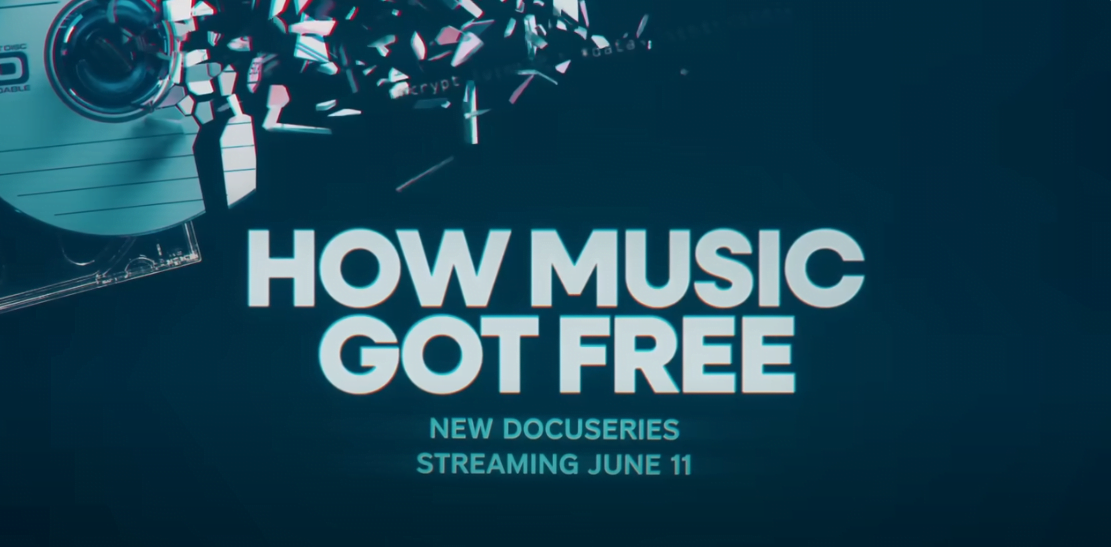A recent Paramount+ documentary, How music got free, examines the rise of piracy and digital technology in music, starting twenty years ago, and how this laid the basis for the streaming model that now dominates the industry.
The program ignores the interesting and important questions about the industry, however. In fact, the film is little more than disguised propaganda for the likes of Spotify.
Technology
The documentary devotes almost all its runtime to the ‘human story’ behind the likes of Napster. It focuses on a small group of pirates who could access albums before they were officially released and put them online.

In doing this, however, it misses the point: the technology of file sharing – in one stroke – destroyed the basis for the record industry. The development of the means of production had outgrown the sector’s previous form.
Once ordinary people could copy and distribute music (and films and other media) themselves, at no cost and with no technical expertise, the capital invested in CD production and distribution became essentially worthless.
This advanced technology clearly poses serious questions of capitalism in general. If culture and knowledge can be infinitely shared at no cost at all, all over the world, the role of private property in this sphere is no longer necessary.
If such technology exists within capitalism, as is the case, it means that the value (in the economic sense of the word) of such cultural products falls to close to zero. But the documentary ignores this question.
Freedom?
The documentary then suddenly concludes that these pirates were heroes for taking down the old, rigid, and hierarchical way of running the music business.
Astonishingly, the only thing it then says about the situation today is to praise streaming companies like Spotify for having ‘liberated fans’, giving punters the ability to consume music in a host of ways whenever they want.
This is patently false. On these monopolistic platforms, fans can only rent access to a streaming library, usually at low sound quality. These big companies can increase their prices, or remove access to and destroy these libraries, whenever they want.
Even more astonishingly, the program claims that streaming has given musicians the freedom to have a direct relationship with their fans – i.e. the ability to put music online without having to go through a label and distributor.
The idea that streaming has been a boon for artists and creatives is a sick joke.
In reality, Spotify pays the vast majority of musicians nothing, or next to nothing, for access to their content. Yet artists feel obliged to comply with this arrangement, otherwise people won’t hear their music.
In reality, Spotify and the other streaming services are the real pirates – only they are working in cahoots with the major labels.






